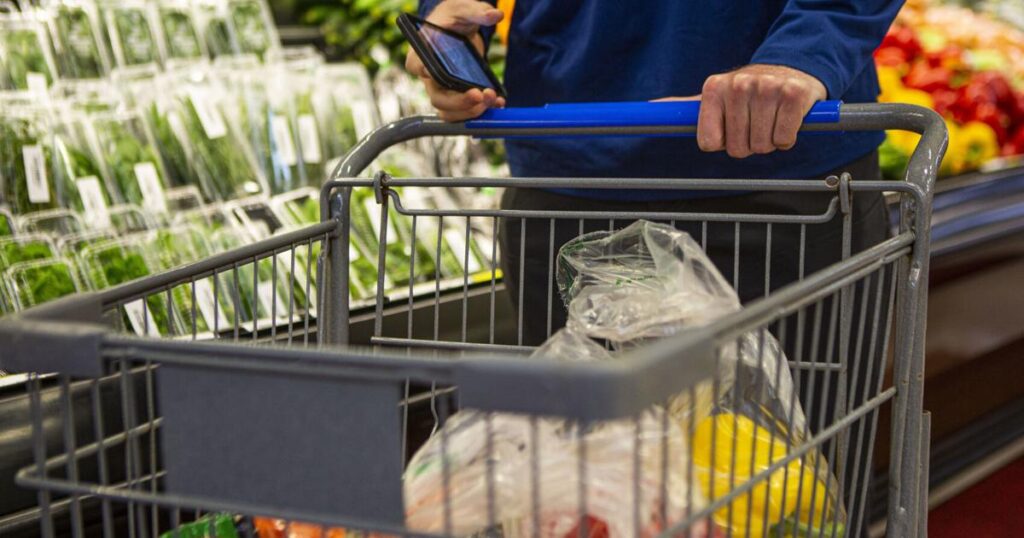(The Center Square) – The plastic bag industry is warning that California’s proposed amendments to its ban on single-use plastic bags – which would lead to thicker “reusable” bags being used at checkouts – could also entangle other commonly used items such as purses and sandwich bags.
This isn’t the first time Congress has failed to ban plastic bags: Authors of the updated ban pointed out that California’s 2016 ban actually led to a nearly 50% increase in overall plastic waste as stores switched to thicker “reusable” bags, and countered that the bill specifically targeted only the plastic bags consumers use to carry their purchases.
California’s ban on single-use plastic shopping bags went into effect in 2016, but plastic bag waste increased 47% to 231,072 tons by 2022 as stores switched to much thicker plastic bags. Bills SB 1053 and AB 2236 would close the “loophole” by banning all plastic shopping bags starting January 1, 2026, and require paper shopping bags to be made from 50% recycled paper starting January 1, 2028. Under the law, consumers would have the option of purchasing paper bags at the register or bringing their own bags.
“Proponents argue that SB 1053 and AB 2236 would prohibit certain stores from selling or distributing reusable plastic bags at the ‘point of sale,’ defined as cash registers, self-checkout kiosks, in-store pickup, outdoor delivery, and home delivery,” wrote law firm Mayer Brown on behalf of the American Recycled Plastic Bag Coalition, a lobbying group representing the U.S. plastic bag industry. “Lawmakers did not clearly define what constitutes a ‘bag,’ nor did they define ‘reusable grocery bags,’ raising questions about what types of bags the ban would apply to… In other words, SB 1053 and AB 2236 threaten commonly purchased items such as washable and reusable grocery bags, Ziploc bags, trash bags, backpacks, insulated cooler bags, and more.”
Sen. Katherine Breakspear, Democrat of Encinitas and author of SB 1053, disputed APRBA’s arguments, saying the bill clearly targets only plastic grocery bags, as was intended in the original 2014 ban and 2016 ballot initiative.
“SB 1053 makes it clear that stores can no longer provide plastic bags at the register. Instead, they can provide recycled paper bags or consumers can use their own bags when shopping,” Breakspear told The Center Square. “The law does not ban the sale of bags of any kind, it simply stipulates that only paper bags can be provided at the point of sale.”
Plastic bags, which can take 1,000 years to decompose, are a major source of microplastics that can accumulate in human tissue and cause a variety of health problems.
However, the majority of microplastics come from laundry made with synthetic plastic fabrics and from pieces of tires broken off during normal driving. 93% of the plastic that enters the world’s oceans comes from 10 rivers in Africa and Asia.
SB 1053 has passed the state Senate and will soon be up for a vote in the state Assembly. AB 2236 has passed the state Assembly and is currently on the hold file in the Senate Appropriations Committee as the financial impacts are reviewed.



